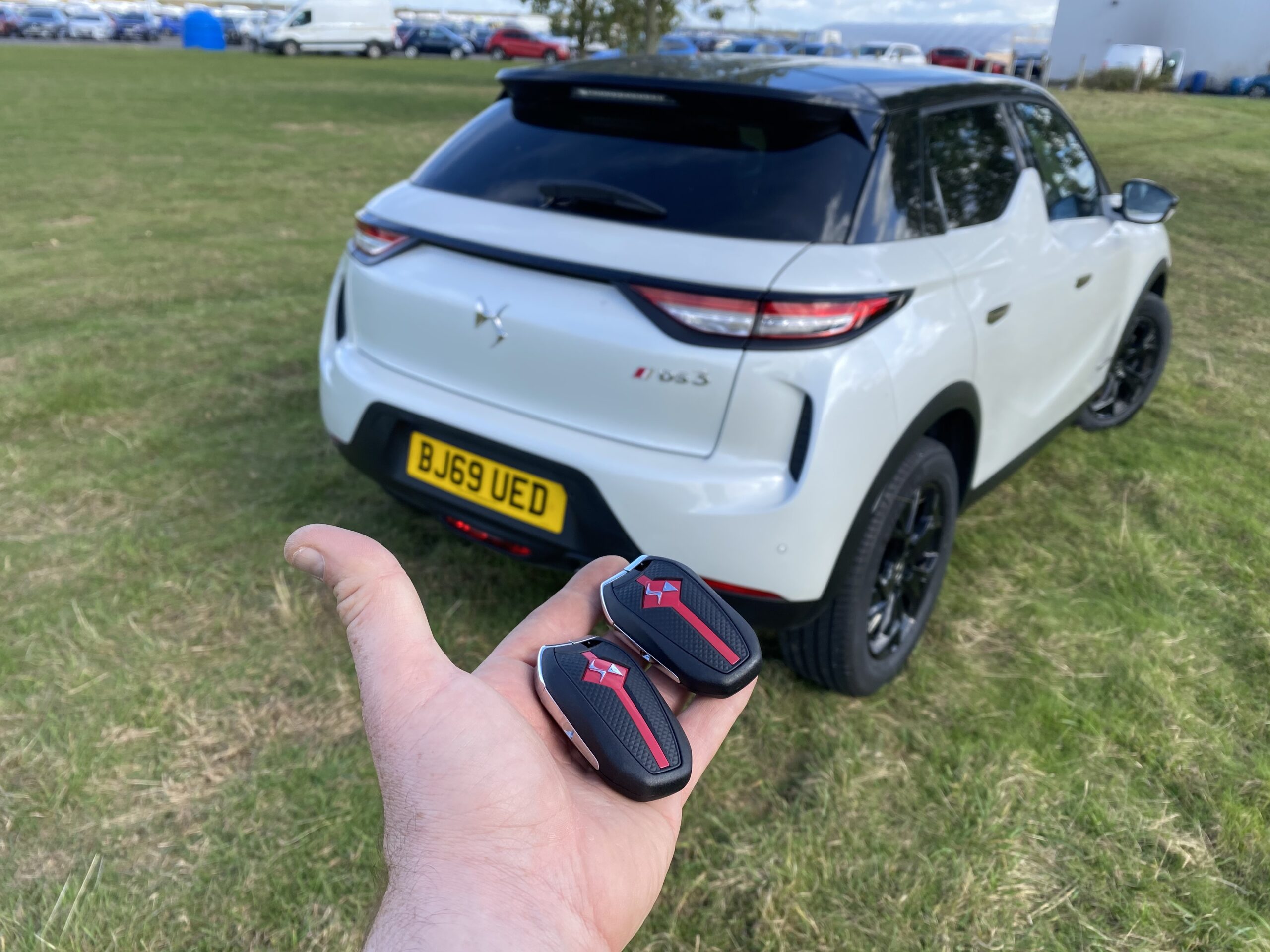
Understanding Ignition Key Replacement: A Comprehensive Guide
In today's hectic world, where vehicles are an essential part of life, losing or harming the ignition key can cause significant trouble. Ignition key replacement is a procedure that lots of vehicle owners face eventually. This post supplies a thorough appearance at ignition key replacement, types of keys, the procedure involved, and responses to often asked concerns.
What is an Ignition Key?
An ignition key is a little metal object designed to operate the ignition system of an automobile. It enables the driver to start the car's engine, and in lots of modern cars, it likewise supplies access to additional functions, such as locking and unlocking doors and activating security systems.
Kinds Of Ignition Keys
There are numerous types of ignition keys, each with distinct functions and systems. Comprehending these differences can assist vehicle owners understand what to expect when replacing ignition keys.
1. Conventional Car Keys
Traditional keys are simple metal keys cut to fit a specific ignition cylinder. This type of key is the many basic and is typically found in older cars.
2. Transponder Keys
Modern cars typically come equipped with transponder keys that have a small microchip ingrained within them. This chip sends out a signal to the car's ignition system, making sure that only the right key can start the engine. Transponder keys offer additional security however can be more expensive to replace.
3. Switchblade Keys
Switchblade keys are a hybrid of conventional and transponder keys. They include a collapsible design that pulls back into the key fob. When required, the key flips open, looking like a switchblade knife. This style is both compact and stylish.
4. Key Fobs and Smart Keys
These are the most sophisticated ignition keys. Key fobs usually consist of both ignition and remote control functions that enable the chauffeur to unlock doors and start the engine without inserting a key (keyless entry and start). Smart keys use proximity sensors to identify the key fob within a certain range, making it possible for push-button start functionality.
The Ignition Key Replacement Process
Changing an ignition key can vary in intricacy depending on the type of key and the vehicle's make and model. However, the general procedure is described listed below:
Step-by-Step Guide to Ignition Key Replacement
Report the Lost Key: If the key is lost or stolen, it is vital to report it to local authorities and alert your insurance coverage company.

Gather Necessary Information: The vehicle owner should collect all pertinent info, such as the make, design, year of the vehicle, and vehicle recognition number (VIN).
Visit a Locksmith or Dealer: Choose between a locksmith concentrated on automotive keys or a car dealership. Each alternative has benefits and drawbacks relating to rate and timing.
Offer Proof of Ownership: Regardless of who you approach for key replacement, be prepared to show proof of ownership, such as the vehicle title or registration.
Create a New Key: Depending on the key type, the locksmith professional or dealership will cut a standard key or program a transponder, key fob, or clever key.
Check the New Key: Once the key is created, it's vital to evaluate it to guarantee it works flawlessly with the vehicle's ignition system.
Possible Costs Involved
Below is a table highlighting the possible costs involved in ignition key replacement based on the type of key:
| Type of Key | Typical Cost | Key Features |
|---|---|---|
| Traditional Key | ₤ 10 - ₤ 40 | Fundamental key, no transponder |
| Transponder Key | ₤ 50 - ₤ 150 | Microchip innovation for enhanced security |
| Switchblade Key | ₤ 80 - ₤ 200 | Combines traditional key functions with design |
| Key Fob/Smart Key | ₤ 200 - ₤ 500+ | Advanced functionality with keyless entry |
Regularly Asked Questions (FAQs)
1. The length of time does it take to replace an ignition key?
The time required to replace an ignition key can vary, usually ranging from 10 minutes to an hour, depending upon the key type and the service provider's abilities.
2. Can I replace a lost key myself?
While producing conventional keys can sometimes be made with DIY packages, modern-day transponder and key fob systems typically require specialized devices and shows, making it a good idea to look for expert help.
3. What to do if I lose my key fob?
If you lose your key fob, it can often be reprogrammed for a cost by a locksmith or dealership, who can produce a new one to guarantee that no unapproved parties can access your vehicle.
4. Will my insurance coverage cover key replacement?
Numerous auto insurance coverage offer protection for lost or taken keys. It is a good idea to examine your policy or contact your insurance supplier to confirm your protection information.
5. Exist precautions to avoid losing ignition keys?
- Keep spare keys in a protected place.
- Usage keychain organizers to minimize the possibility of losing them.
- Consider getting a Bluetooth tracker for your keys.
Ignition key replacement is an important element of vehicle maintenance that every car owner must be mindful of. Understanding the types of ignition keys, the replacement process, and associated costs can help enhance the experience. Being proactive about key management can considerably decrease the inconvenience and cost when faced with the prospective loss or damage of an ignition key. Vehicle owners are encouraged to keep informed about their choices to ensure they are ready ought to they ever discover themselves in requirement of an ignition key replacement.








